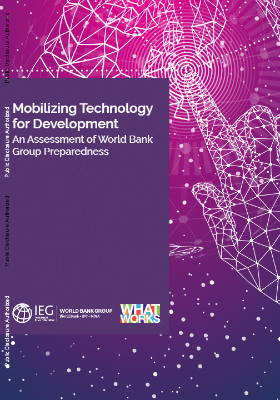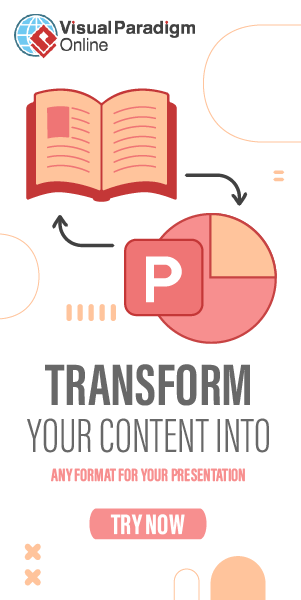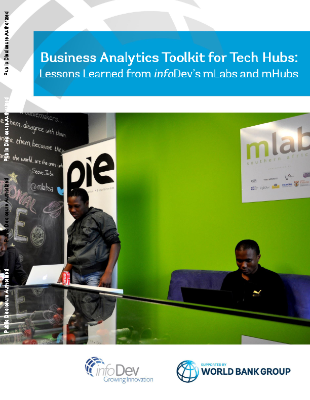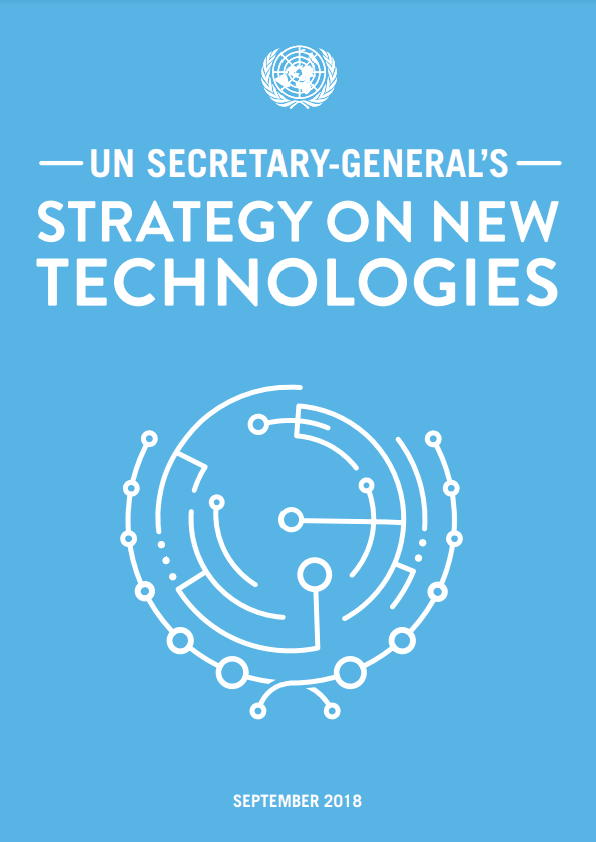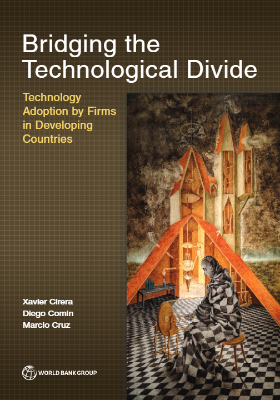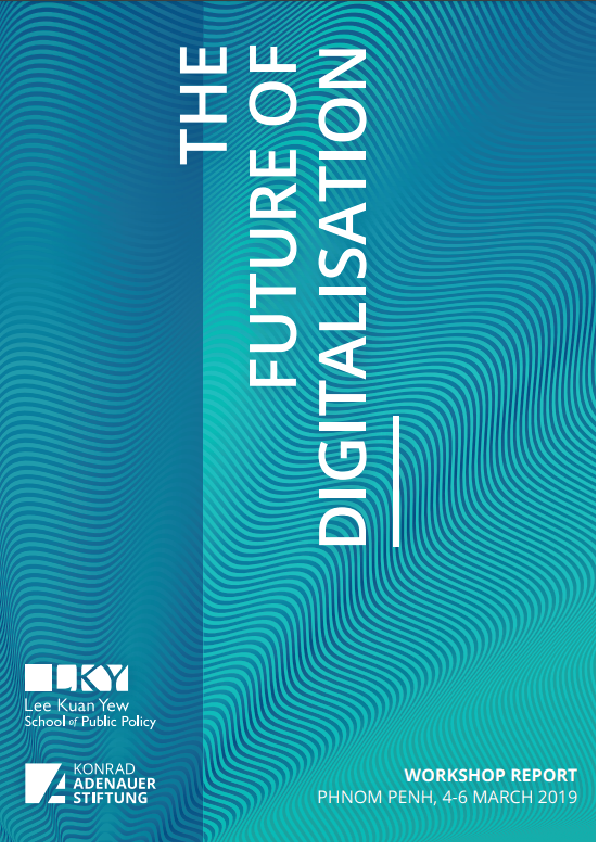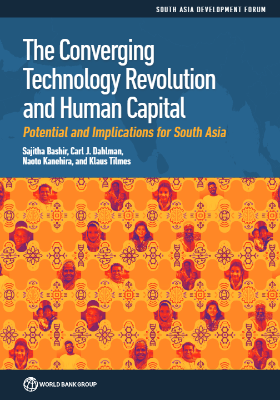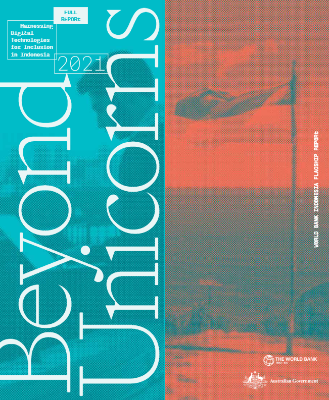Background and Context
The World Bank Group adopted a new approach to disruptive and transformative technologies (DTT) in 2018, later merging it with the 2019 DTT Mainstreaming approach, and further developing it through the 2020 Mainstreaming Digital and Disruptive Technologies Initiative. The transition to a mainstreaming approach from earlier discrete areas of support marked a significant increase in the Bank Group’s ambition regarding DTT.
DTT-related commitments pertaining to the 19th Replenishment of the International Development Association and the capital increase package, as well as the opportunities DTT offer to respond to the disruptions caused by the coronavirus (COVID-19), add significance and urgency to the Bank Group’s DTT work.
Consistent with the Bank Group’s use of the term, this evaluation adopts a broad interpretation of DTT and covers (i) support to digital technologies (such as the internet, mobile phones, smartphones, and Wi-Fi), and to other technologies (such as robotics, artificial intelligence, the internet of things, nanotechnology and biotechnology, 3D printing, batteries, drones, solar panels, and self-driving vehicles); (ii) enabling policies, institutions, and skills; (iii) relevant lending and nonlending operations in all sectors (not just in the digital development and information and communication technology sectors); and (iv) both the “application” of technology (for example, using computers in the classroom) and the “response” to technology (for example, imparting socioemotional skills to equip people for future jobs that machines will not be able to perform).
The world is experiencing rapid technological change with far-reaching implications for development. The accelerating pace of technology diffusion, the convergence of multiple technologies, and the emergence of global platforms are disrupting traditional development models (Pauwels 2019; World Bank 2019h). Disruptive and transformative technologies (DTT) are already reshaping the way goods and services are produced and consumed and have profound implications for the functioning and dynamics of the global economy (Dobbs, Manyika, and Woetzel 2015; Manyika and others 2017). At the national level, traditional development paths may no longer be viable, at least in some developing countries, as they run out of low-skilled manufacturing opportunities sooner and at much lower levels of income compared with the experience of early industrializers (Hallward-Driemeier and Nayyar 2018).
DTT offer new opportunities for reducing poverty and promoting shared prosperity. Business as usual is unlikely to get countries to the Sustainable Development Goals by 2030 (Kramer, Agarwal, and Srinivas 2019). DTT can improve people’s lives and transform economies, governments, and societies, for example by enhancing connectivity among markets around the globe, opening up new jobs and sources of livelihood, and improving the delivery of social and financial services (Brynjolfsson and McAfee 2014; Dobbs, Manyika, and Woetzel 2015; Manyika and others 2017). The United Nations Secretary General’s High-Level Panel on Digital Cooperation (2018) advanced proposals to strengthen cooperation on digital issues among governments, the private sector, civil society, international organizations, academia, the technical community, and other relevant stakeholders.
